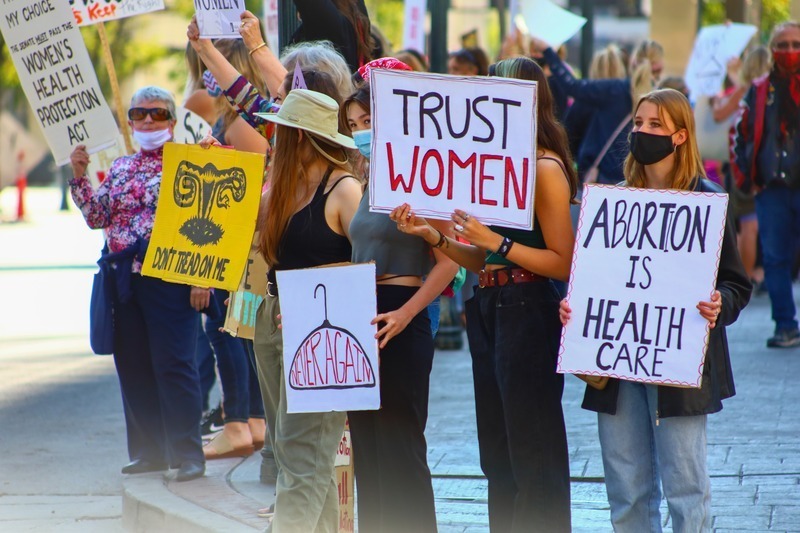
Arkansas is on the precipice of a historic vote on abortion rights, with a proposed amendment promising limited access but facing a steep climb to the ballot box. Attorney General Tim Griffin, a Republican, finally greenlit the Arkansas Abortion Amendment of 2024, allowing supporters to begin gathering signatures. The amendment would legalize abortion up to 18 weeks, with additional protections for rape, incest, fetal anomalies and maternal health emergencies.
"In light of the significance of the subject matter undertaken and the potential complexity and far-reaching effects of this proposal," Griffin stated, "a cautionary note is warranted."
“You should be aware that experience has shown a correlation between the length and complexity of initiated measures and their susceptibility to a successful ballot-title challenge. Any ambiguity in the text of a measure could lead to a successful court challenge. Significant changes in law often have unintended consequences that, if known, would give voters serious ground for reflection.”
The group "Arkansans for Limited Government" (AFLG), which supports the proposed abortion amendment, announced plans to gather signatures from state voters. They officially launched their signature collection effort on Sunday, urging Arkansans from various political backgrounds to join and support the cause.
AFLG expressed gratitude to the Attorney General's staff for their professionalism. The proposed amendment aims to legalize abortion within 18 weeks of conception or in specific situations like rape, incest, fatal fetal anomaly, or life-threatening emergencies.
This marks a stark contrast to Arkansas' current near-total abortion ban, permitted only to save the mother's life. Pro-life advocates including Jerry Cox, the Arkansas Family Council President, claim it as a "radical" erosion of existing restrictions and a potential gateway to "abortion on demand," while Pro-choice groups celebrate this as a "crucial step forward."
Cox said, "It writes abortion into the Arkansas Constitution. It erases virtually all of Arkansas' pro-life laws, and it allows abortion on demand without restriction through the first eighteen weeks of pregnancy."
"As many as three thousand unborn children could be aborted in Arkansas each year because of this amendment, and the State of Arkansas would be powerless to prevent it."
Attorney General Griffin rejected the abortion amendment twice due to unclear and potentially misleading language. The issue centered around the definition of "physical health," which the amendment framed as the presence of pregnancy-related disorders or risks, instead of the common understanding of its absence.
Griffin saw this as misleading and suggested a more accurate definition focusing on protecting the pregnant person from such conditions. This linguistic dispute highlights the challenges in crafting precise legal language for complex healthcare issues like abortion.



















